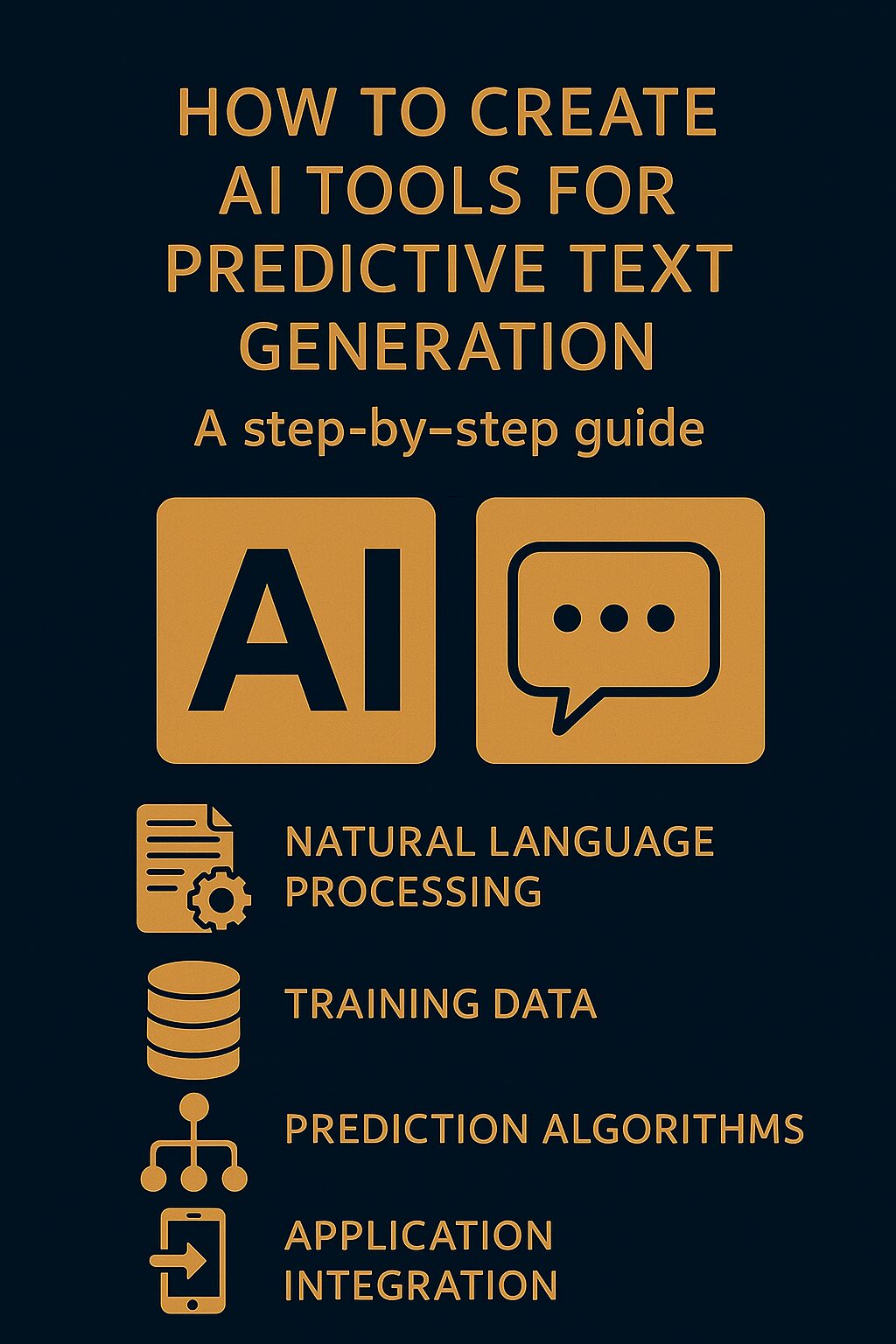Introduction
In today’s digital landscape, customer engagement is a key factor in brand success. Businesses leverage AI-powered tools to analyze user behavior, improve interactions, and refine marketing strategies. AI-driven customer engagement analysis allows brands to personalize experiences, predict trends, and enhance customer satisfaction.
This guide explores how AI tools help businesses analyze customer engagement, structured using SEO-friendly formatting to maximize search visibility.
1. Why AI is Revolutionizing Customer Engagement Analysis
AI transforms customer engagement by tracking behaviors, automating responses, and predicting customer needs in real time.
Benefits of AI in Customer Engagement Analysis
- Behavioral Tracking & Insights – AI monitors customer journeys, interactions, and preferences.
- Personalized Content & Recommendations – AI tailors messaging based on user behaviors.
- Sentiment Analysis & Feedback Processing – AI detects emotions in customer reviews and interactions.
- Predictive Customer Retention Models – AI forecasts churn risks and suggests engagement strategies.
- Automated Customer Interaction – AI-powered chatbots improve response time and satisfaction.
With AI-driven insights, businesses create seamless and personalized customer experiences.
2. Technologies Behind AI Customer Engagement Tools
AI customer engagement tools utilize advanced analytics, automation, and real-time monitoring to optimize interactions.
Key AI Technologies in Customer Engagement Analysis
- Natural Language Processing (NLP) – AI interprets customer queries, reviews, and feedback.
- Machine Learning Algorithms – AI learns behavioral patterns to predict future engagement trends.
- Sentiment Analysis Models – AI gauges customer emotions from text, voice, and social media.
- Predictive Analytics Engines – AI anticipates customer needs and tailors engagement strategies.
- Automated Chatbots & Conversational AI – AI streamlines communication and support processes.
These technologies enhance customer engagement across multiple touchpoints.
3. Popular AI Tools for Customer Engagement Analysis
Various AI-powered platforms help businesses optimize customer interactions and engagement metrics.
Leading AI Customer Engagement Tools
- HubSpot AI Analytics – AI tracks customer interactions and optimizes email marketing campaigns.
- Salesforce Einstein AI – AI-powered CRM analyzes engagement trends and automates personalization.
- Google Analytics AI – Predictive data models offer insights into website user behavior.
- Brandwatch AI – Sentiment analysis monitors customer feedback across social platforms.
- Drift Conversational AI – AI-powered chatbots enhance real-time customer communication.
These AI tools help businesses refine engagement strategies effectively.
4. Step-by-Step Guide to Implementing AI Customer Engagement Tools
Developing AI-powered customer engagement solutions requires strategic planning and integration.
Steps for AI Customer Analysis Implementation
- Define Business Objectives – Identify goals for AI-driven engagement analysis.
- Choose AI-Powered Tools & Platforms – Select relevant AI software based on business needs.
- Collect & Process Customer Data – Train AI models using customer feedback, browsing behavior, and interaction records.
- Develop AI Personalization Models – Implement algorithms for content recommendations and engagement tracking.
- Integrate AI with CRM & Marketing Systems – Ensure AI tools work seamlessly with existing business platforms.
- Optimize & Improve AI-Generated Insights – Continuously refine engagement strategies based on AI recommendations.
Following these steps ensures AI-driven engagement tools improve customer retention and satisfaction.
5. SEO Optimization for AI Customer Engagement Tools
To increase adoption and visibility, AI-powered customer engagement tools need SEO optimization.
SEO Strategies for AI Engagement Tools
- Keyword Optimization – Use phrases like “AI for customer engagement,” “predictive customer analysis,” and “automated customer tracking.”
- Content Marketing & Case Studies – Publish guides showcasing AI-driven engagement success stories.
- Mobile-Friendly AI Platforms – Ensure seamless accessibility for users across devices.
- Collaborations with Industry Leaders – Partner with businesses to enhance AI adoption rates.
- Optimized Metadata & Structured Data – Refine headlines, descriptions, and SEO tags for improved rankings.
SEO-driven content ensures AI customer engagement tools reach a larger audience.
6. Monitoring & Enhancing AI Customer Engagement Systems
To maintain relevance, AI-powered engagement tools require continuous refinement.
Metrics for AI Performance Improvement
- Engagement Score Tracking – AI must accurately assess user interactions and responses.
- Conversion Rate Optimization – Ensure AI recommendations lead to customer actions.
- Sentiment Analysis Accuracy – Improve AI interpretations of customer feedback and emotions.
- User Satisfaction & Experience Metrics – Gather real-time feedback to enhance AI engagement models.
- Scalability & Adaptability – Update AI systems to align with shifting customer behaviors.
Regular updates ensure AI customer engagement tools remain effective and insightful.
Conclusion
AI-powered customer engagement analysis tools help businesses understand user behaviors, optimize interactions, and create personalized experiences. By leveraging machine learning, NLP, and predictive analytics, brands refine customer retention strategies and improve satisfaction levels.

